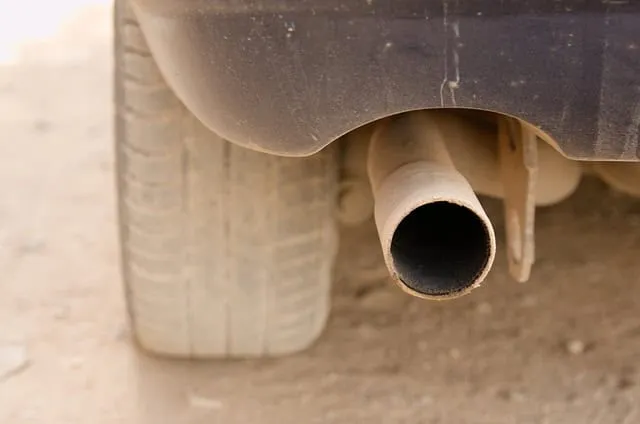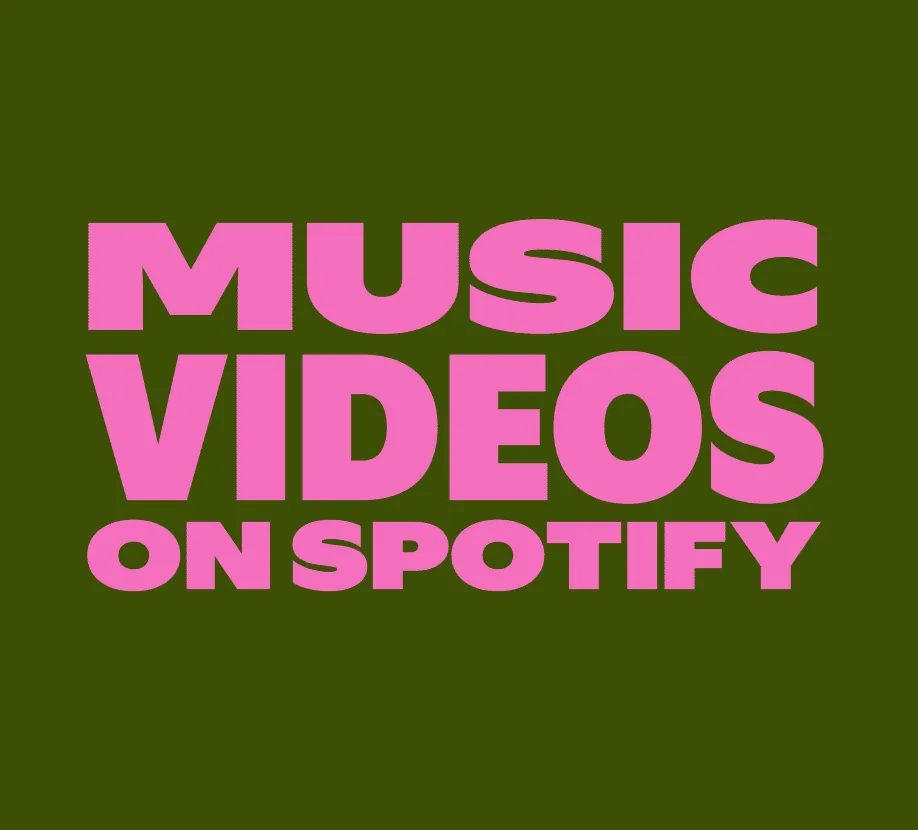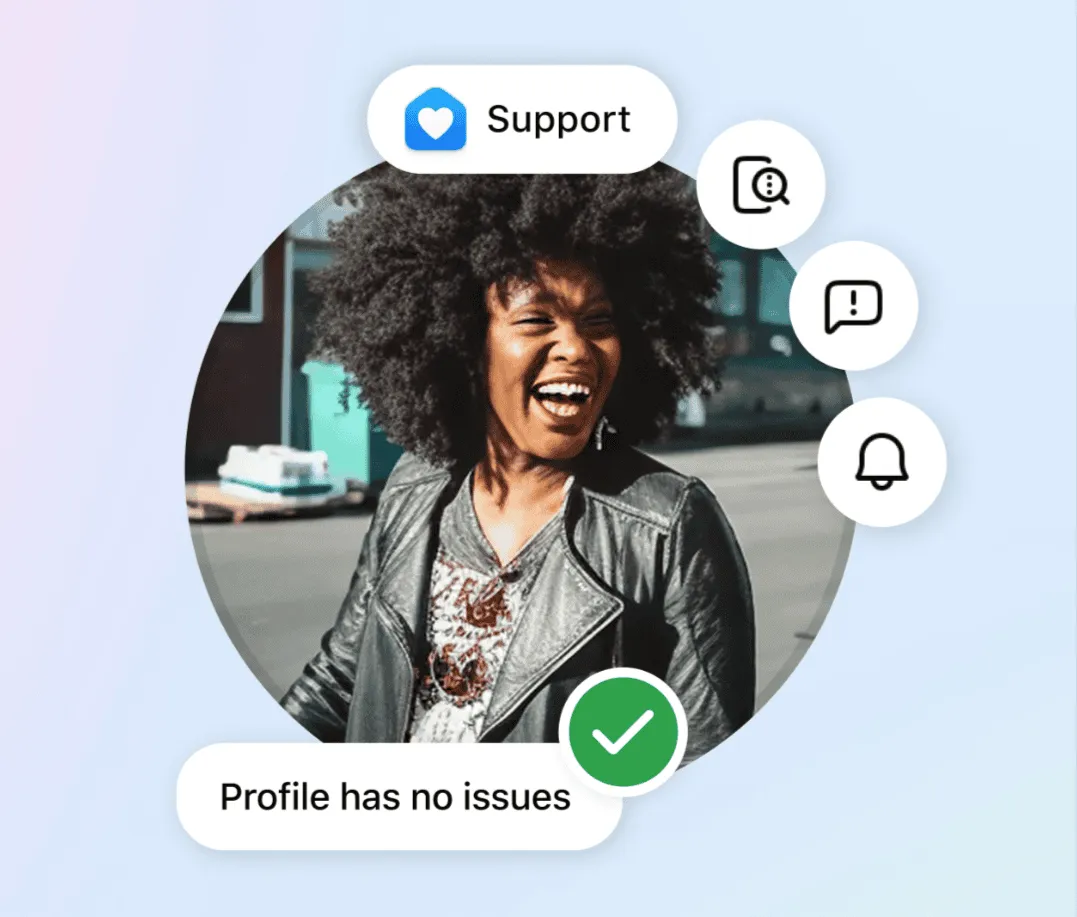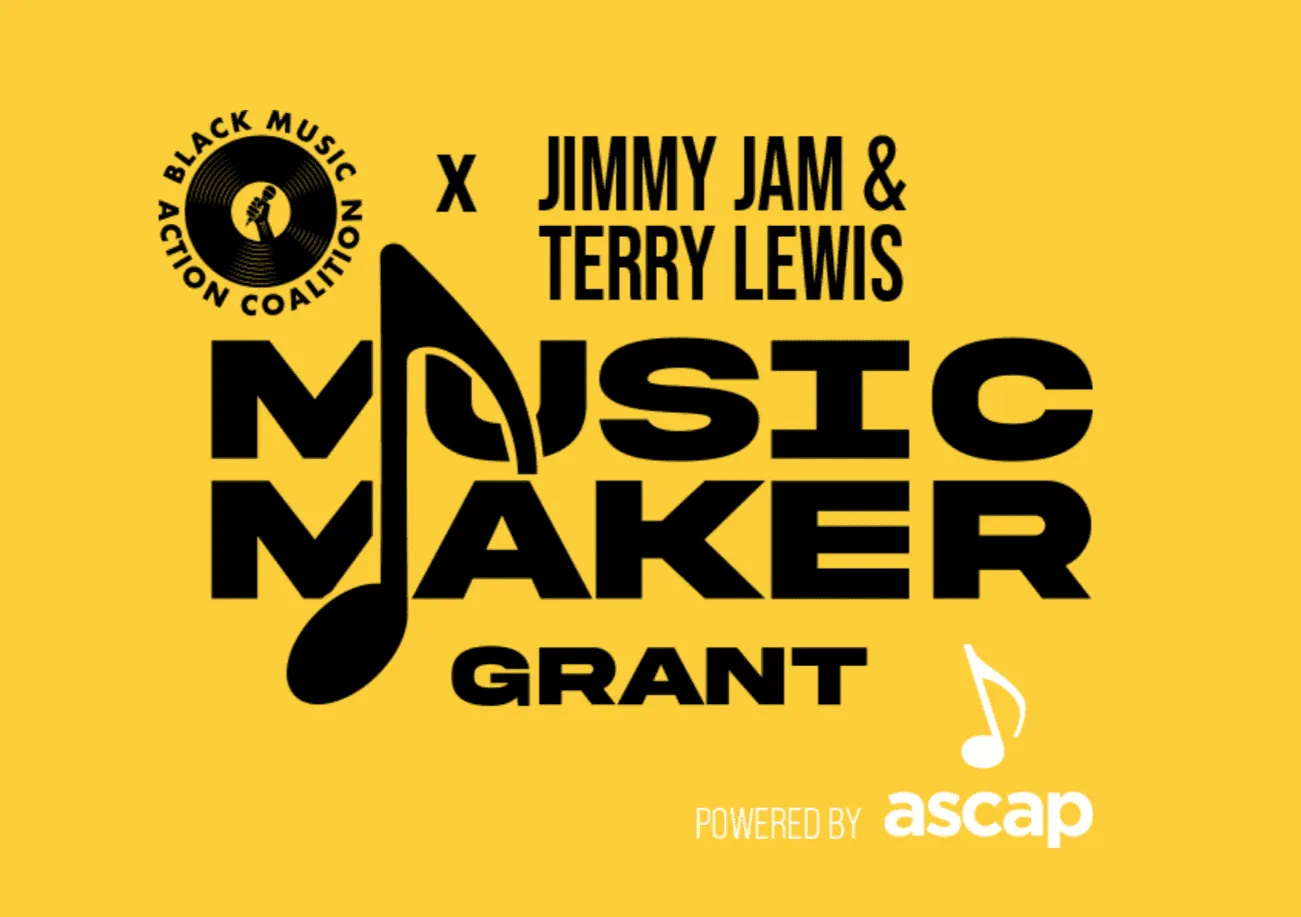Amateurs Blur With Professionals – As Music Apps Get Better, The Music Will Too [INTERVIEW]
This is part two of my interview with Suzanne Lainson. She is a marketing strategist who has worked with sports, tech, and music companies, and currently writes about the future. Continue reading [https://www.hypebot.com/hypebot/2011/01/apps.html]




